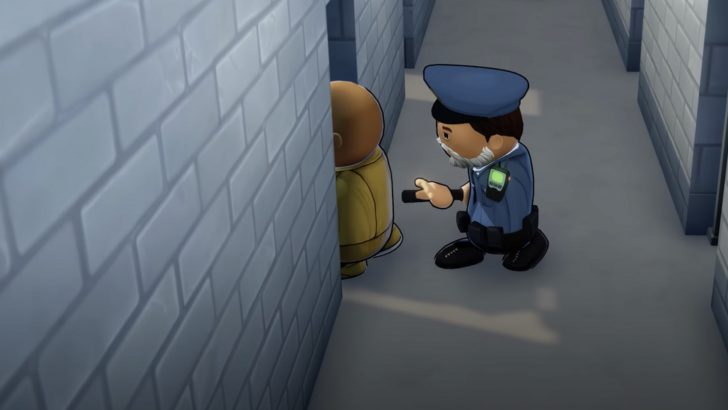
Paradox Interactive's Revised Approach to Game Development Following Recent Setbacks
Following the cancellation of Life By You and the troubled launch of Cities: Skylines 2, Paradox Interactive has outlined its revised strategy for game development. The company acknowledges shifting player expectations and a reduced tolerance for buggy releases.
Paradox Interactive Addresses Game Cancellations and Delays
Heightened Player Expectations and Persistent Technical Challenges

Paradox Interactive CEO Mattias Lilja and CCO Henrik Fahraeus discussed the evolving player landscape with Rock Paper Shotgun. They noted increased player expectations and a decreased willingness to accept post-launch bug fixes. The disastrous launch of Cities: Skylines 2 highlighted this shift, prompting a more rigorous approach to quality assurance. The company now emphasizes earlier and broader player access for feedback gathering. Fahraeus stated regarding Cities: Skylines 2, "If we could have brought players in to try it on a larger scale, that would have helped," advocating for greater pre-launch player interaction.

The indefinite delay of Prison Architect 2 exemplifies this new approach. While acknowledging positive gameplay, Lilja cited persistent technical issues as the reason for the delay, prioritizing a high-quality, stable release. He emphasized the impact of player expectations, particularly in a budget-conscious market. The delay, Lilja clarified, differs from the Life By You cancellation, stemming from an inability to maintain the desired development pace and encountering unexpectedly difficult-to-resolve technical problems.

Lilja highlighted the competitive gaming market, where players quickly abandon subpar games. This trend, he observed, has intensified in recent years.
The negative reception of Cities: Skylines 2's launch, including a joint apology and proposed fan feedback summit, underscored the need for change. The cancellation of Life By You, attributed to unmet expectations and internal development challenges, further reinforced this need. Lilja acknowledged internal shortcomings in understanding certain development hurdles.





























